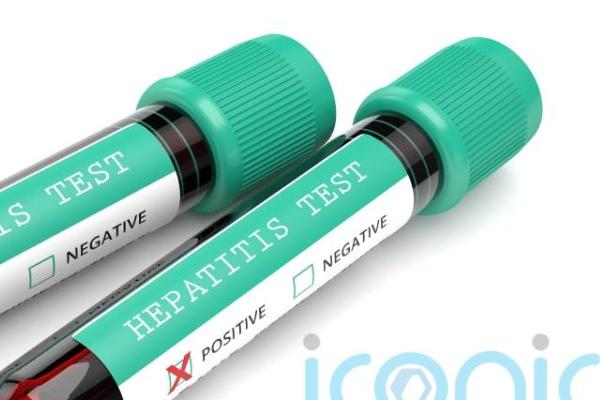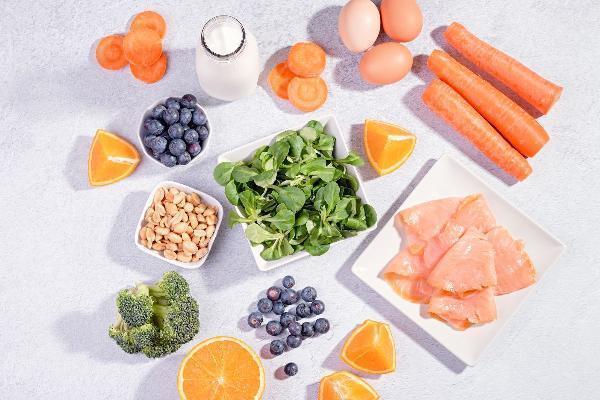Louisiana Set to Legalize Raw Milk Sales amid Health Concerns

Strong 8k brings an ultra-HD IPTV experience to your living room and your pocket.
Legalize Raw Milk Sales amid Health Concerns | Healthcare 360 Magazine
(Source-The-Epoch-Times)
Louisiana is on the verge of legalizing the sale of raw milk, a decision that has sparked significant debate due to health concerns associated with unpasteurized dairy products. The bill, HB467, passed the House with unanimous support last month, accompanied by lawmakers’ playful mooing. However, the bill faced modifications in the Senate after the Louisiana Department of Health estimated it would cost around $900,000 annually and require seven employees to regulate raw milk for human consumption.
Ultimately, legislators reached a compromise allowing the sale of raw milk, but with a catch: the milk must be labeled “not for human consumption” and include a warning about the potential for “harmful bacteria.” Despite this label, lawmakers admitted that it would likely not deter consumers from drinking the milk, which remains legal. “I don’t care what you do with it after you get it,” remarked Sen. Stewart Cathey, R-Monroe, during a Senate Agriculture meeting.
Nutritional Debate and Economic Considerations of Raw Milk
Proponents of raw milk argue that pasteurization, which involves heating milk to eliminate harmful bacteria like salmonella, E. coli, listeria, and campylobacter, also removes beneficial nutrients and bacteria. They believe raw milk is more nutritious and beneficial to health. Bill sponsor Kimberly Coates, R-Tangipahoa, emphasized the economic benefits for Louisiana’s struggling dairy farmers, noting that some residents currently travel to Texas and Mississippi to purchase unpasteurized milk.
However, health officials and scientists dispute the nutritional claims made by raw milk advocates, stating there is no scientific evidence to support them. Commissioner of the Louisiana Department of Agriculture and Forestry, Mike Strain, a veterinarian, highlighted the significant health risks, citing data that raw milk is 840 times more likely to cause illnesses and 40 times more likely to result in hospitalizations compared to pasteurized products. Strain also pointed out the increased risk amid a current outbreak of H5N1, or bird flu, affecting cattle.
Outbreak Concerns and Safety Measures
The H5N1 outbreak, confirmed in March, has impacted over 80 herds across ten states. Strain warned that milk from infected cows contains “tremendous” levels of the virus, posing additional risks. So far, three people in the U.S. have contracted mild symptoms from the virus after exposure, and several cats, which are particularly susceptible, died after consuming raw milk. Federal authorities have temporarily halted the movement of herds between states to contain the outbreak, but scientists remain concerned about the virus potentially becoming more transmissible among humans.
“The timing couldn’t be worse,” stated Robert Garry, a virologist at Tulane University, expressing concerns about the virus’s potential evolution. Despite these warnings, around two dozen states currently allow raw milk sales under various conditions, such as farm-only sales or through herdshares, where individuals purchase a cow and receive a portion of its milk.
The Louisiana bill includes provisions for monthly testing for salmonella and stipulates that raw milk sales may be suspended if any outbreak is detected. Supporters of the bill, including its author, claim they are implementing special precautions to minimize disease transmission risks. “Do I believe that there are risks with raw milk? Absolutely,” said Coates during a committee meeting, “But there is risk with many foods.”
Note: IndiBlogHub features both user-submitted and editorial content. We do not verify third-party contributions. Read our Disclaimer and Privacy Policyfor details.







